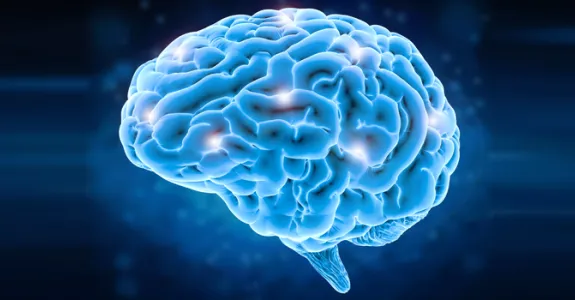
Dr. Jong H. Yoon is a clinician-scientist who is focused on applying novel neuroimaging methods to discover the brain mechanisms of schizophrenia and stimulant abuse disorder, as well as developing mechanism based treatments for these conditions. He is dually appointed at the Palo Alto VA, where he serves as the Director of the Repetitive Transcranial Magnetic Stimulation (rTMS) Neuromodulation Clinic. As a cognitive neuroscientist, he has led a number of federally funded projects developing and utilizing advanced in vivo neuroimaging methods. His work is particularly interested in investigating impairments in the function of the basal ganglia, which gives rise to cognitive and information processing deficits and psychosis in schizophrenia and other psychiatric conditions. Towards these ends, he has been developing novel fMRI methods to accurately measure the functional properties of basal ganglia nuclei. Dr. Yoon is also developing new neuroimaging approaches for indexing brain function and dysfunction, including methods for measuring task-evoked GABA levels in the brain and applying a newly developed PET tracer for determining synaptic health in humans and in disease. He received his medical degree from the New York University School of Medicine and residency training in adult psychiatry at the Langley Porter Psychiatric Institute at University of California San Francisco. He completed a post-doctoral fellowship in cognitive neuroscience and functional neuroimaging at University of California Berkeley.
Dr. Yoon's research seeks to discover the brain mechanisms responsible for schizophrenia and to translate this knowledge into the clinic to improve how we diagnose and treat this condition. Towards these ends, Dr. Yoon's group has been developing cutting-edge neuroimaging tools to identify neurobiological abnormalities and test novel systems-level disease models of psychosis and schizophrenia directly in individuals with these conditions.
They have been particularly interested in the role of neocortical-basal ganglia circuit dysfunction. A working hypothesis is that some of the core symptoms of schizophrenia are attributable to impairments in neocortical function that results in disconnectivity with components of the basal ganglia and dysregulation of their activity. The Yoon Lab has developed new high-resolution functional magnetic resonance imaging methods to more precisely measure the function of basal ganglia components, which given their small size and location deep within the brain has been challenging. This includes ways to measure the activity of nuclei that store and control the release of dopamine throughout the brain, a neurochemical that is one of the most important factors in the production of psychosis in schizophrenia and other neuropsychiatric conditions.


